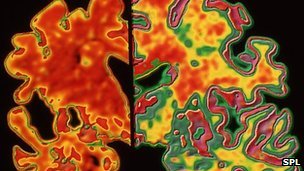- Banned
- #1
Alzheimer's Test for Modern Seniors
I'm sure 100% of you will not pass this test...
How fast can you guess these words?
1. F__ _ K
2. PU_S_
3. S_X
4. P_N_S
5. BOO_S
6._ _NDOM
Answers...
1. FORK
2. PULSE
3. SIX
4. PANTS
5. BOOKS
6. RANDOM
You got all 6 wrong....didn't you?
Don't worry. You don't have Alzheimer's.
You are just a pervert.
I'm sure 100% of you will not pass this test...
How fast can you guess these words?
1. F__ _ K
2. PU_S_
3. S_X
4. P_N_S
5. BOO_S
6._ _NDOM
Answers...
1. FORK
2. PULSE
3. SIX
4. PANTS
5. BOOKS
6. RANDOM
You got all 6 wrong....didn't you?
Don't worry. You don't have Alzheimer's.
You are just a pervert.




